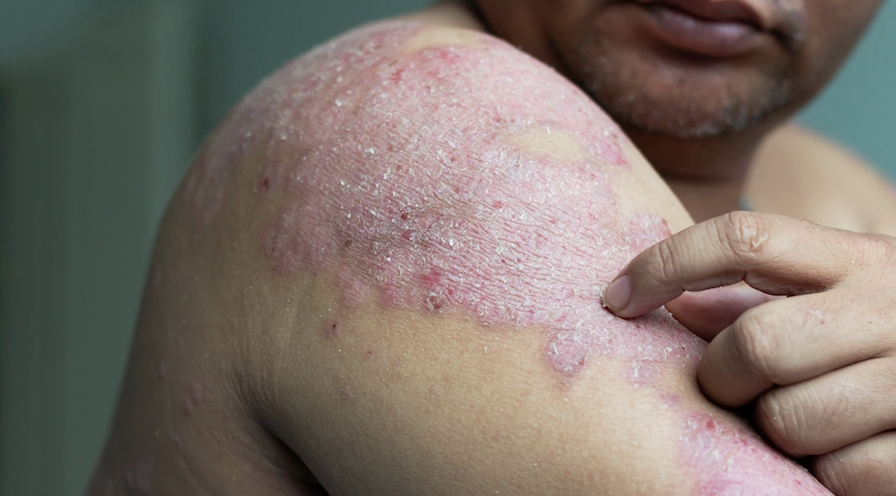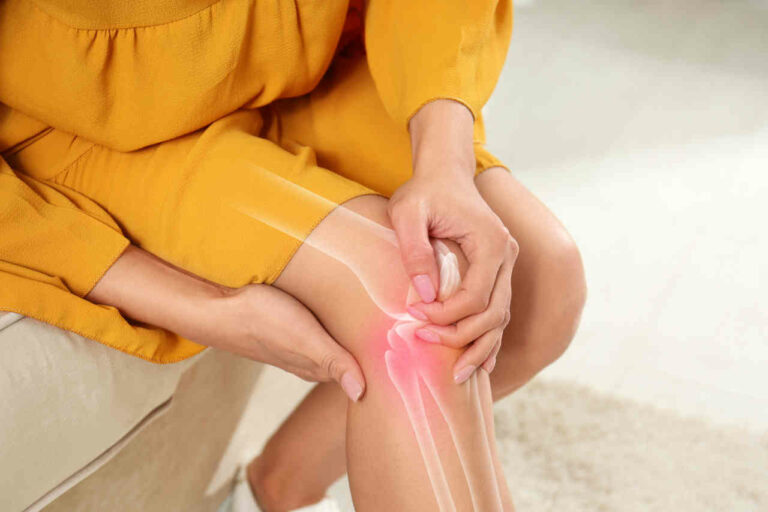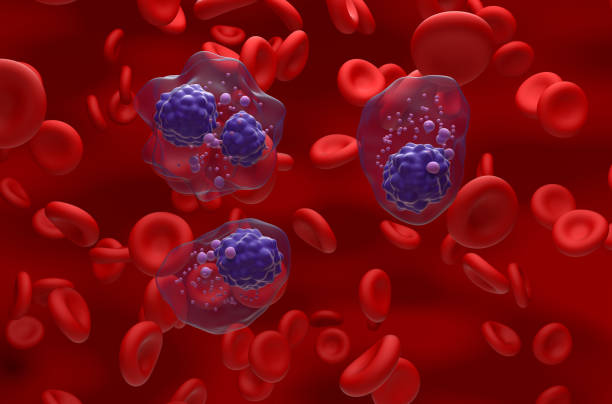Scalp Psoriasis Treatment: Comprehensive Approaches for Symptom Management
Scalp psoriasis, a chronic autoimmune condition characterized by flaky, itchy, and often painful patches on the scalp, can be a challenging condition to manage. Effective treatment is essential not only for alleviating physical discomfort but also for improving psychological well-being. This guide delves into the various treatment options available for scalp psoriasis, providing insights into managing this condition effectively.
Understanding Scalp Psoriasis
Scalp psoriasis is a form of psoriasis that affects the scalp, leading to the development of thick, scaly patches. These patches can be sore, itchy, and sometimes painful. The condition can range from mild scaling to severe crusting covering the entire scalp and can extend to the forehead, neck, and ears.
Symptoms of Scalp Psoriasis
- Red, raised, scaly patches on the scalp.
- Dandruff-like flaking and dry scalp.
- Itching, burning, or soreness.
- Possible hair thinning or loss in severe cases.
Conventional Medical Treatments
Topical Treatments
- Medicated Shampoos: Containing ingredients like coal tar, salicylic acid, or ketoconazole to reduce scaling and itching.
- Topical Corticosteroids: Effective in reducing inflammation and itch.
- Topical Retinoids: Helps to slow down the overproduction of skin cells.
Phototherapy
- Controlled exposure to UV light, which can slow cell turnover and reduce scaling and inflammation.
Systemic Treatments
- Oral medications or injections, including methotrexate, cyclosporine, or biologics, for more severe cases.
Natural Remedies and Home Care
- Aloe Vera: Soothes irritation and moisturizes the scalp.
- Tea Tree Oil: Has antiseptic properties but should be used with caution as it can be irritating to some people.
- Apple Cider Vinegar: Diluted vinegar can help alleviate scalp itchiness.
Lifestyle and Dietary Modifications
- Regular Washing: Helps to soften and remove scales.
- Moisturizing the Scalp: Using oils or heavy creams to moisturize the scalp.
- Stress Reduction: Stress management techniques can help reduce flare-ups.
- Diet: Some people find dietary changes, like reducing gluten or following an anti-inflammatory diet, helpful.
Hair Care Tips
- Gentle Hair Care: Avoiding harsh hair products and treatments.
- Avoid Scratching: To reduce the risk of infection and hair breakage.
- Hair Loss Management: Consulting with a dermatologist if experiencing significant hair loss.
Coping with Psychological Impacts
Scalp psoriasis can impact self-esteem and mental health:
- Support Groups: Finding support and sharing experiences with others who have psoriasis.
- Counseling or Therapy: Seeking professional help to manage the emotional aspects of living with a chronic skin condition.
When to Seek Professional Help
It’s important to consult a healthcare provider:
- To confirm the diagnosis.
- If over-the-counter treatments are ineffective.
- For guidance on the most suitable treatment options.
Advances in Scalp Psoriasis Treatment
Emerging treatments, particularly in the field of biologics and targeted therapies, show promise in effectively managing scalp psoriasis with fewer side effects.
Conclusion
Managing scalp psoriasis requires a multifaceted approach that may include medical treatments, natural remedies, lifestyle changes, and psychological support. While there is no cure for psoriasis, these strategies can significantly alleviate symptoms, improve scalp health, and enhance overall quality of life. It’s crucial for individuals with scalp psoriasis to work closely with healthcare professionals to find the most effective treatment plan for their specific condition.







